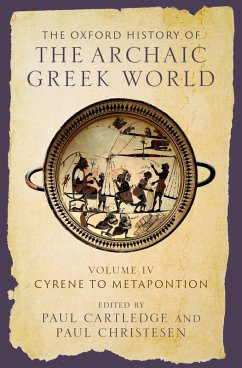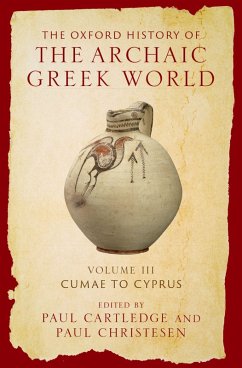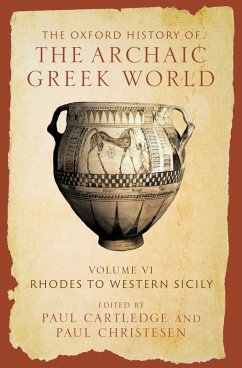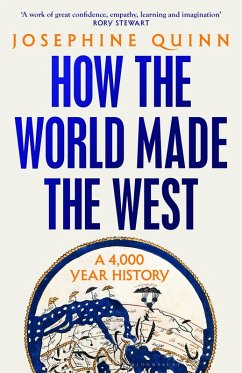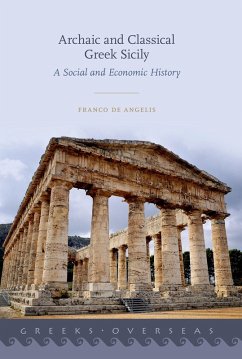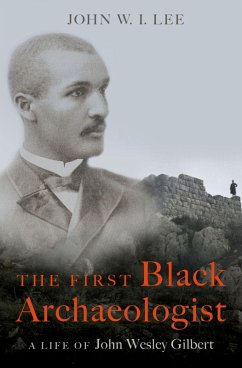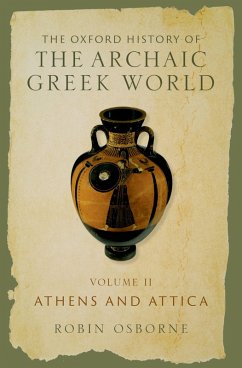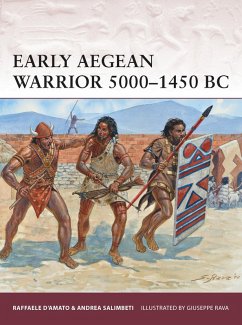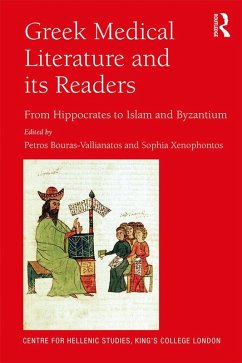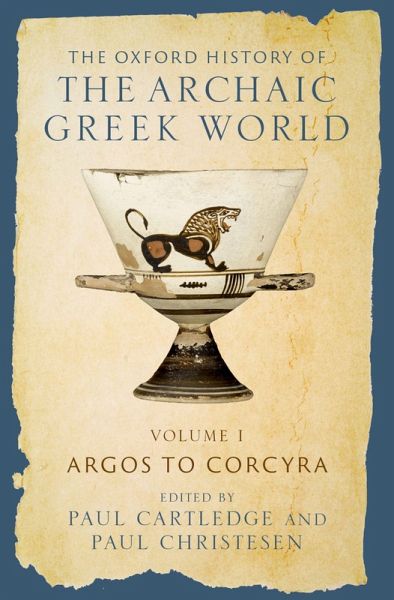
The Oxford History of the Archaic Greek World (eBook, PDF)
Volume I: Argos to Corcyra
Redaktion: Cartledge, Paul; Christesen, Paul
Versandkostenfrei!
Sofort per Download lieferbar
54,95 €
inkl. MwSt.
Weitere Ausgaben:

PAYBACK Punkte
27 °P sammeln!
The ancient Greek world consisted of approximately 1,000 autonomous polities scattered across the Mediterranean basin and was remarkable for both its diversity and its uniformity. As Greeks dispersed throughout the Mediterranean, the different environmental and human ecosystems they encountered created important differences among widely scattered settlements: each Greek community developed its own unique set of socio-political institutions and social practices. Nonetheless, despite their dispersal and diversity, Greek communities were bound together by a network of commercial, cultural, diplom...
The ancient Greek world consisted of approximately 1,000 autonomous polities scattered across the Mediterranean basin and was remarkable for both its diversity and its uniformity. As Greeks dispersed throughout the Mediterranean, the different environmental and human ecosystems they encountered created important differences among widely scattered settlements: each Greek community developed its own unique set of socio-political institutions and social practices. Nonetheless, despite their dispersal and diversity, Greek communities were bound together by a network of commercial, cultural, diplomatic, and military ties and shared important commonalities, most notably language and religion. The Oxford History of the Archaic Greek World, a collaborative effort by more than forty eminent scholars, offers twenty-two detailed and comprehensive studies of key sites from across the Greek world in the period between c. 750 and c. 480 BCE. During that period, Greeks confronted a series of demographic, political, social, and economic challenges and generated an array of responses that transformed the ways in which they lived, worked, and interacted. Much of what is now seen as distinctive about Greek culture--such as democracy, stone temples, and nude athletics--first developed during the Archaic period. The series is organized alphabetically by polis. Volume I contains detailed and up-to-date studies of Argos, Chalcis and Eretria, Chios-Lesbos-Samos, and Corcyra. Together with the other volumes in the series, the Oxford History of the Archaic Greek World offers a new and unique resource for the study of ancient Greece that will transform how we understand a crucial era in antiquity.
Dieser Download kann aus rechtlichen Gründen nur mit Rechnungsadresse in A, B, BG, CY, CZ, D, DK, EW, E, FIN, F, GR, HR, H, IRL, I, LT, L, LR, M, NL, PL, P, R, S, SLO, SK ausgeliefert werden.




